When a senior figure from the Israeli Tourism Ministry was seen greeting Pakistan’s adviser on tourism at the World Travel Market (WTM) in London earlier this month, the brief encounter immediately raised questions about Islamabad’s intentions and shifting alignments, especially in the age of United States President Donald Trump’s renewed West Asia strategy.
Although Israel and Pakistan have no formal diplomatic ties, Pakistan has already found itself referenced in discussions about the proposed International Stabilisation Force for Gaza, an initiative that forms a central part of Trump’s ceasefire blueprint.
How the incident unfolded
The World Travel Market — held annually in London — is a major platform where tourism ministries, national delegations, airlines and travel companies from more than 180 countries gather to promote destinations and negotiate commercial partnerships.
The 2025 edition was held from November 4 to November 6.
A video clip recorded by attendees captured the moment when Michael Izhakov, the Director General of Israel’s Ministry of Tourism, walked up to the Pakistani pavilion and shook hands with Sardar Yasir Ilyas Khan, who serves as the Adviser and National Coordinator to the Prime Minister of Pakistan on tourism-related matters.
The video revealed a cordial exchange, prompting immediate social media buzz.
Israel and Pakistan do not maintain diplomatic relations, and Pakistan’s legal framework explicitly bars its citizens from visiting Israel. This prohibition has long been symbolic of Pakistan’s stated solidarity with the Palestinian cause.
However, a handful of Pakistanis — including a group of journalists and educators — have reportedly travelled to Israel this year despite the ban.
The presence of an Israeli tourism delegation at a major global event is not unusual, yet their visit to the Pakistan pavilion and the friendly nature of the exchange stood out because no official contacts between Islamabad and Tel Aviv have ever been acknowledged publicly.
What the Pakistan tourism adviser said
After the footage gained traction online, Sardar Yasir Ilyas Khan issued a formal statement explaining the circumstances and denying that he had prior knowledge of who he was meeting.
המפגש הישראלי – פקיסטני המפתיע ביריד התיירות בלונדון. במהלך יריד התיירות WTM בלונדון, מנכ"ל משרד התיירות הישראלי, מיכאל יצחקוב, תועד בביתן של פקיסטן המוסלמית שאין לה יחסים עם ישראל, כשהוא לוחץ את ידו של יועצו של ראש ממשלת פקיסטן לענייני תיירות, סארדאר יאסיר איליאס ח'אן. כזכור,… pic.twitter.com/LmzkEgj0tr
— roi kais • روعي كايس • רועי קייס (@kaisos1987) November 12, 2025
The statement noted that his delegation had independently funded its travel to London and was focused on promoting Pakistan’s tourism sector.
According to the statement, “During the event, a group of individuals from Israel visited the Pakistan Pavilion unannounced and met the Pakistani delegation without introducing themselves.”
How Islamabad reacted
At the weekly briefing in Islamabad, Foreign Office spokesperson Tahir Hussain Andrabi addressed repeated questions from journalists about the incident.
He stressed, “I can assure you that if at all such a meeting or such an interaction took place, it was without authorisation, certainly without information to us and certainly without authorisation by the government.”
The spokesperson stated that the Foreign Ministry had neither approved nor been informed of any such contact.
Another major development occurred in September, when Pakistani Prime Minister Shehbaz Sharif met Daniel Rosen, the President of the American Jewish Congress, during his visit to New York.
Rosen is considered an important figure within US-based political networks connected to Israel.
Andrabi, however, described such attempts to associate the London exchange with larger strategic shifts — including Pakistan’s potential inclusion in the Abraham Accords — as unjustified.
He called such conclusions “too far-fetched” and advised media outlets to avoid excessive conjecture.
When asked about earlier reports indicating that Pakistani individuals had allegedly visited Israel in recent months, Andrabi clarified that such travel had not been authorised and would, if confirmed, fall under passport regulation violations.
He reiterated that interactions with Israeli authorities are not sanctioned by Pakistan’s government.
In another response, he stated, “I have not seen the report or any information on a meeting of the adviser to the prime minister or any public figure with an Israeli representative. I can assure you that if such a meeting or interaction took place, it was, certainly, without authorisation by the government.”
What Pakistani politicians had to say
The circulation of the handshake video led to criticism, particularly from parties and figures with strong positions on Palestine.
Former Jamaat-i-Islami senator Mushtaq Ahmed Khan expressed outrage in a widely shared post on X, stating, “Shaking hands with the killers of Palestinians is a betrayal of Al-Aqsa, Gaza, and the Palestinians. The handshake, meeting, and conversation during the international exhibition in London between Sardar Yasir Ilyas, Advisor to the Prime Minister of Pakistan on Tourism, and Michael Izhar-Kov, Director General of Israel’s Ministry of Tourism.”
He added, “The visit of the Israeli director-general of tourism to the Pakistani pavilion — this is shameful, it is rubbing salt into the wounds of Pakistanis. I condemn this in the strongest terms; the nation will not forgive the traitors of the Palestinian people.”
The intensity of the backlash reflects the deeply rooted public sentiment in Pakistan towards the Palestinian cause.
Any suggestion of rapprochement with Israel often provokes sharp criticism, particularly from religious parties, civil society groups, and segments of the political opposition.
What we know about Pakistan’s potential role in the Gaza mission
The incident in London came amid circulating reports that Pakistan was being considered for participation in the International Stabilisation Force (ISF) — a multinational deployment envisioned as part of the US-led Gaza Peace Agreement promoted by Trump.
The proposed force would operate in Gaza after the cessation of hostilities, with responsibilities that include securing key areas, facilitating humanitarian access, and helping to rebuild and manage basic civilian administrative structures.
According to diplomats and official briefings, many of the participating countries would be Muslim-majority states.
Andrabi addressed questions about Pakistan’s involvement. He said Pakistan and Jordan “cooperate closely on multilateral issues, including Palestine,” and that discussions during the forthcoming visit of Jordan’s King Abdullah II would likely involve Gaza.
However, he emphasised that Islamabad has not reached a decision. “On the role of the International Stabilization Force, no decision has been taken on Pakistan’s participation.”
He added that the UN Security Council is still negotiating the force’s exact mandate, explaining, “I don’t think the Security Council has reached a decision. So this is an ongoing process. We are engaged in it.”
Some outlets have reported that Pakistan is preparing to send around 20,000 troops to Gaza for a Western-supervised post-war mission.
These reports cite unnamed intelligence sources claiming that Pakistan’s Army Chief, General Asim Munir, met recently in Egypt with senior officials from Israel’s Mossad and the US Central Intelligence Agency (CIA) to discuss the potential deployment.
If such a mission were to materialise, it would represent a major shift in Pakistan’s historical stance toward Israel.
However, no formal confirmation has been issued by Islamabad regarding these reported meetings.
Pakistani Defence Minister Khawaja Asif previously stated that deliberations were still underway and that the matter remained unresolved and “in process.”
Andrabi added that any final determination on troop deployment would require approval at the highest levels of government, including Pakistan’s parliament.
Why Pakistan’s role matters to Washington
In recent months, analysts have observed that the Trump administration has increasingly looked toward Pakistan as a key player in its efforts to reshape the strategic order in South-Central Asia.
Pakistan’s potential involvement in US-led plans — from Gaza stabilisation to regional energy and transport corridors — has drawn attention from India, Iran, and China, all of whom have significant interests in the region.
Pakistan has reportedly been identified as a possible partner in Washington’s broader attempt to counter Iran’s regional influence.
Reports claim that Pakistan offered the US the development of a port in Pasni, a location in Balochistan near the Iranian border. Such a project, if pursued, could theoretically serve as a staging point for security or economic operations shaped by US priorities in the region.
The United States has previously moved toward designating the Baloch Liberation Army (BLA) as a Foreign Terrorist Organisation, a step that could facilitate American commercial activity in Balochistan, particularly in mining.
Critics, however, caution that the introduction of US forces or contractors into Balochistan would risk triggering instability, given the BLA’s origins in decades of grievances relating to political exclusion, uneven development, and resource distribution.
Any such presence would also intersect with China’s strategic interests in the China-Pakistan Economic Corridor (CPEC), which runs through Balochistan and includes significant infrastructure assets in Gwadar.
How Pakistan has reaffirmed its Palestine policy
Pakistan has also signed a recent joint declaration with 14 countries criticising Israeli legislative moves to assert sovereignty over the West Bank.
Islamabad denied reports suggesting that Pakistan had removed from its passports the clause stating they are valid for travel to all countries except Israel.
For now Pakistan’s stance vis-à-vis Israel is:
It does not recognise the State of Israel.
It supports the establishment of a sovereign Palestinian state based on pre-1967 borders.
It upholds East Jerusalem (Al-Quds Al-Sharif) as the rightful Palestinian capital.
With inputs from agencies


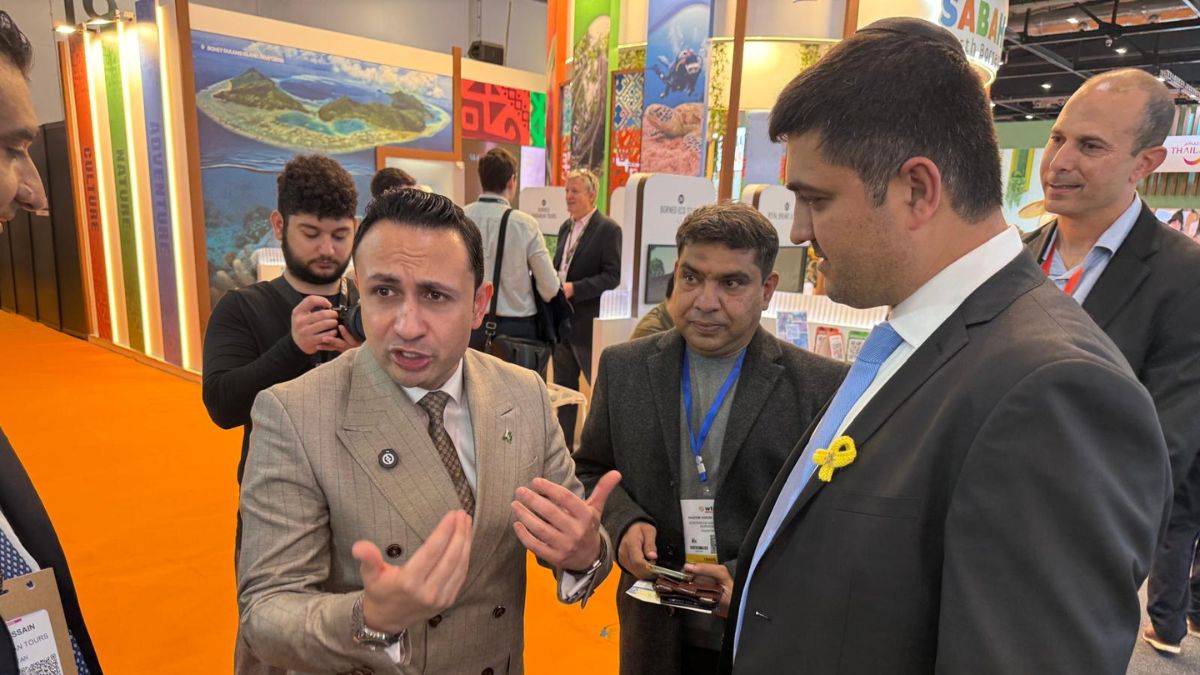)
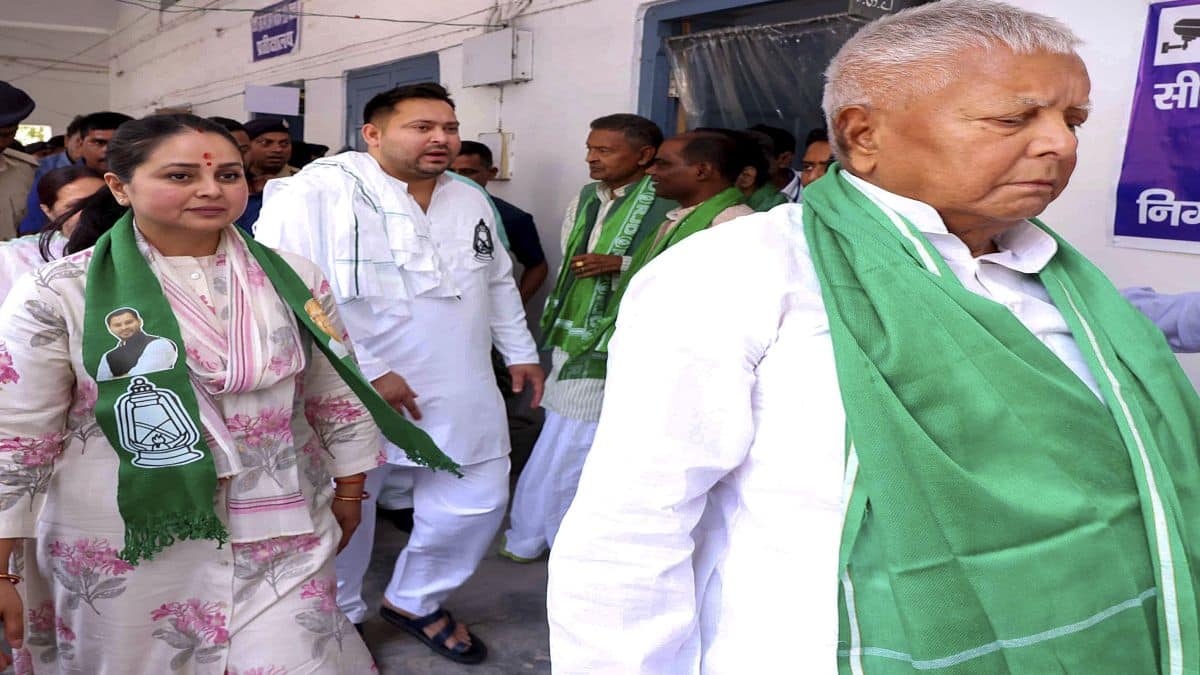
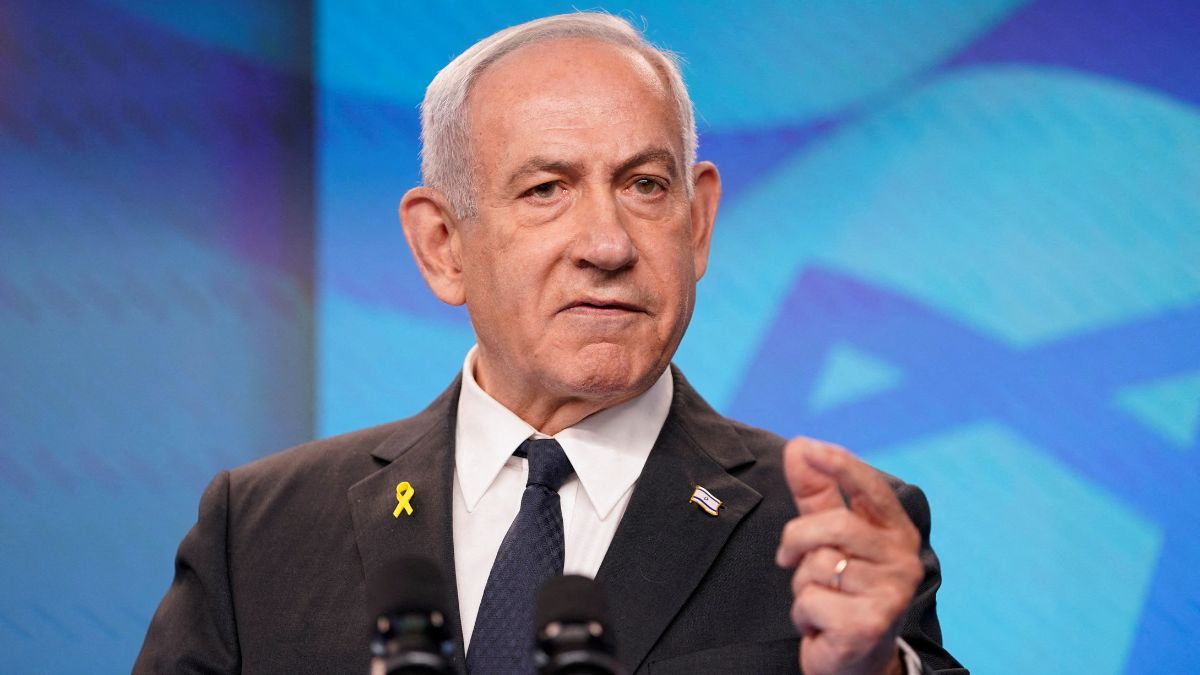)
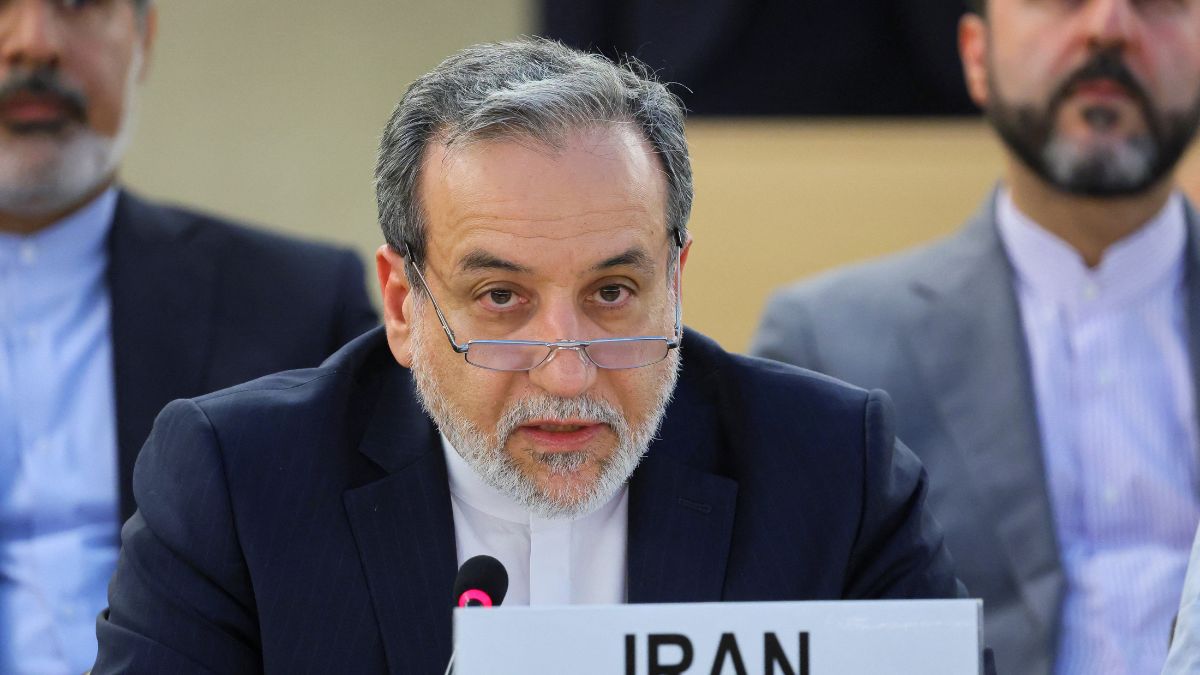)
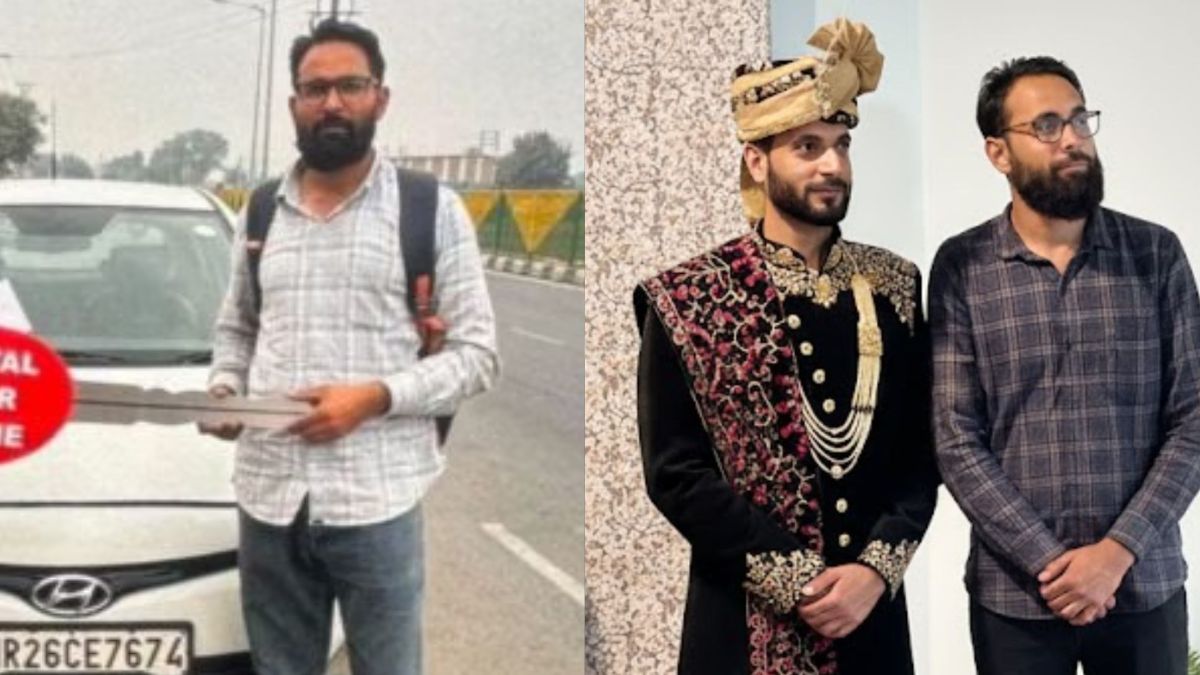)
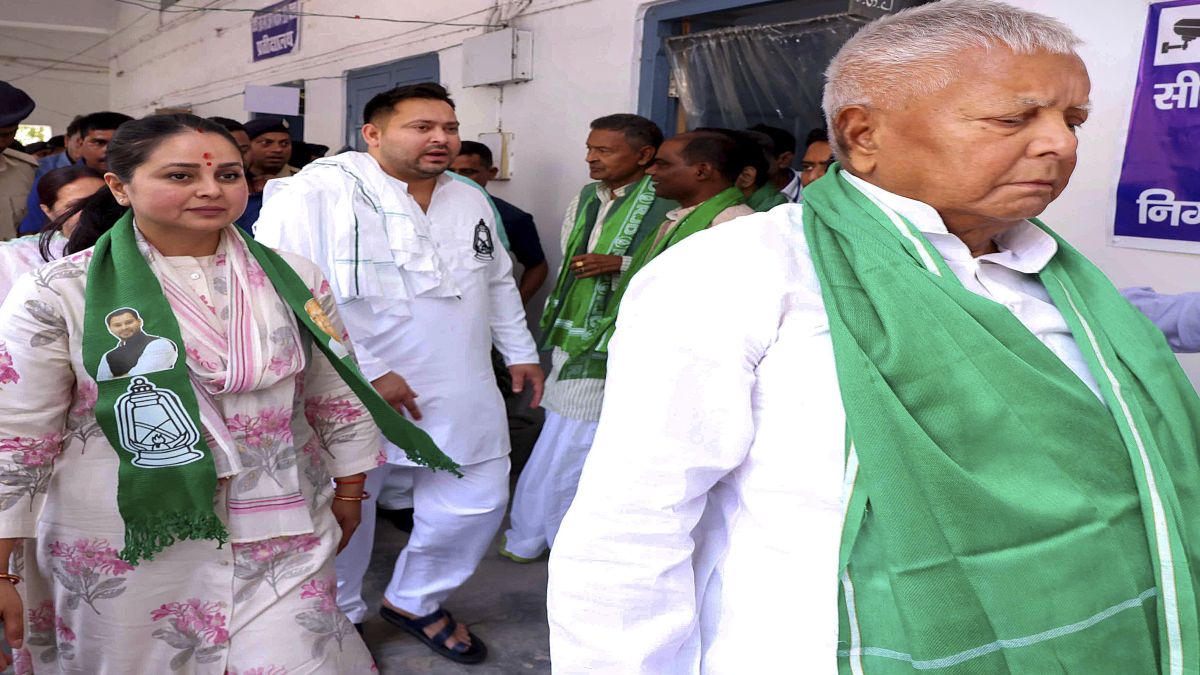)
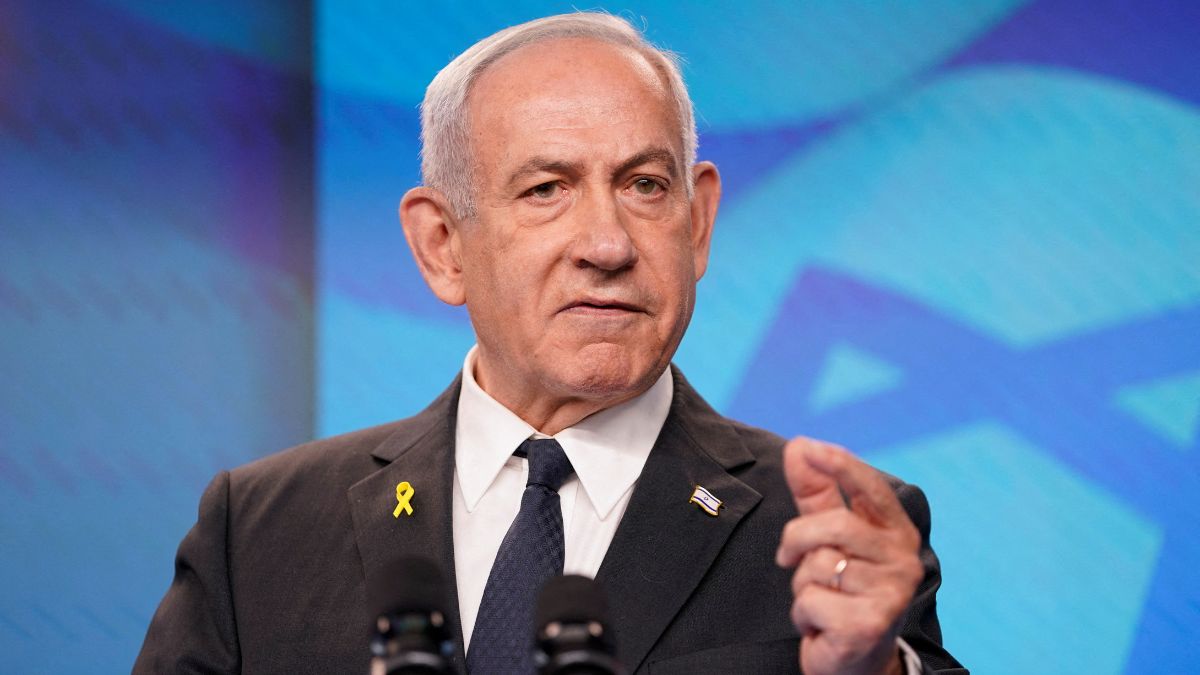)
)
)
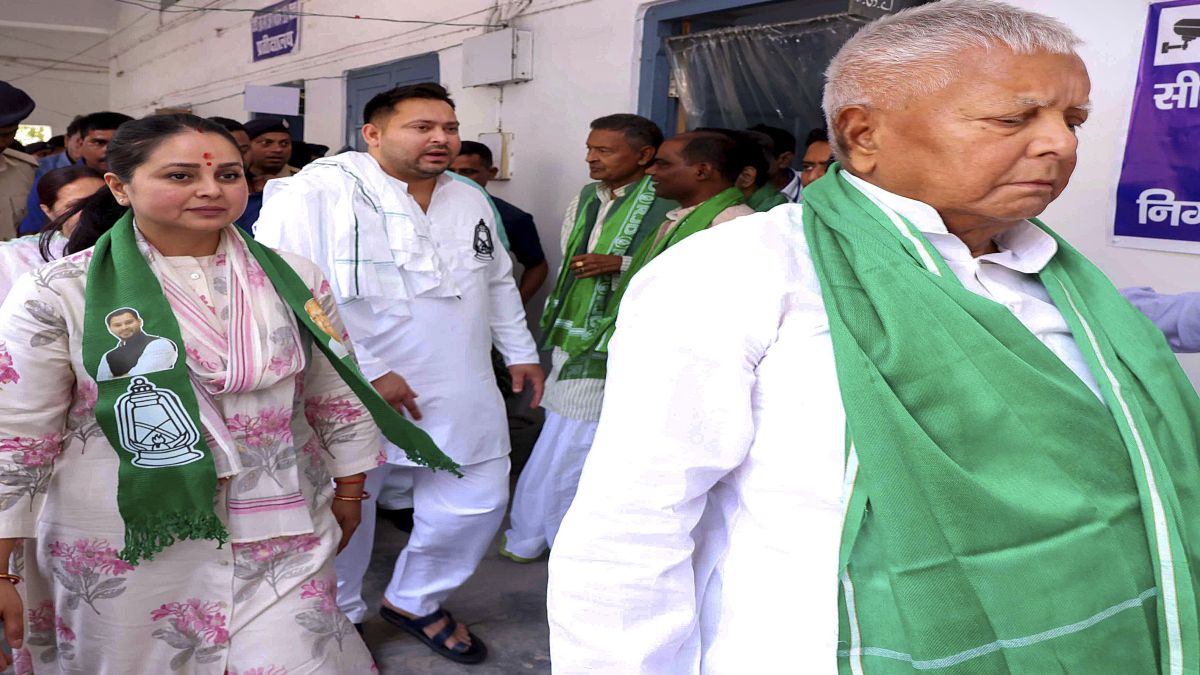)



